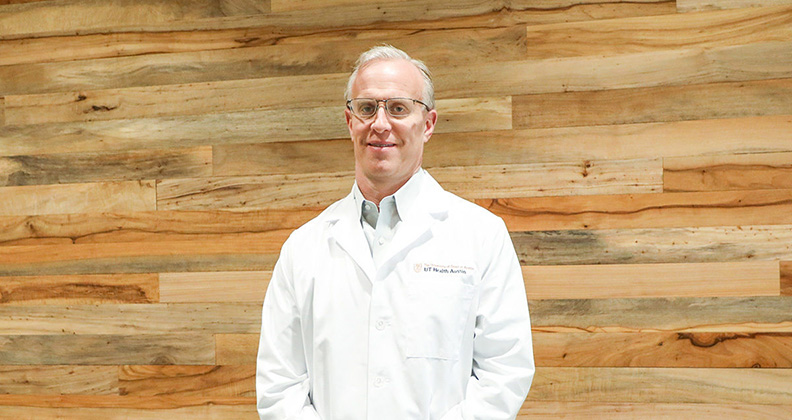
Multiple orthobiologic companies have engaged in clinical trials in 2019, seeking to demonstrate the efficacy of their cell-based products. Here we recap announcements from six of those companies.
FDA granted DiscGenics a Fast Track designation for its investigational IDCT injectable disc cell therapy, currently undergoing clinical trials in the U.S. and Japan for the reduction in pain and disability associated with degenerative disc disease. Companies can apply for Fast Track once they have sufficient preclinical and clinical evidence that a product may be able to treat an unmet medical need for a serious condition.
IDCT is being evaluated in the U.S. under an Investigational New Drug allowance by FDA, and will be regulated as a drug/biologic through a Biologics License Application. In Japan, the trial is supported by a Clinical Trial Notification approved by the Japanese Pharmaceuticals and Medical Devices Agency. The U.S. study has shown safety in the first cohort of patients.
GID BIO completed a multi-site, randomized, placebo-controlled Phase IIb clinical trial with an FDA-approved study design using autologous stromal cells in the treatment of knee osteoarthritis (OA), successfully meeting endpoints and two-year safety results. The trial demonstrated a median 87% improvement in pain, stiffness and function with no serious or device-related adverse events; 88% of subjects responded greater than placebo at one year.
The data supports a pivotal study for the company’s SVF-2 technology (stromal vascular fraction) and point-of-care therapy.
GID technology has essentially reduced a cell-processing facility to a single disposable device for scalable point-of-care cell processing. The technology isolates, concentrates and extracts harvested stromal cells from a patient’s adipose tissue. The cellular implant is then injected under ultrasound guidance in a physician’s office. The American Medical Association granted GID two new CPT class III codes that will become effective January 2020.
InGeneron enrolled the first patients in a pivotal study evaluating autologous adipose-derived regenerative cells for the treatment of partial thickness rotator cuff tears involving the supraspinatus tendon. The primary goal of the double-blinded, multi-center trial is to demonstrate the effectiveness of this point-of-care cell therapy. The trial will enroll 246 patients at up to 15 U.S. sites, including a group of patients who receive the cell therapy treatment and a control group that receives a corticosteroid injection, the current standard of care. Patients will be monitored for 48 weeks.
Additional clinical programs underway by InGeneron include feasibility studies for facet joint syndrome and wrist OA. The company also extended its Series D financing by up to USD $23MM, totaling up to $43MM to be invested in tranches linked to development progress.
Medtronic (MDT) received FDA approval for a prospective, randomized pivotal clinical trial on the use of Infuse™ Bone Graft in transforaminal lumbar interbody fusion. Site recruitment is underway, potentially enrolling over 1,000 subjects at 50 sites.
In 2017, MDT received FDA approval of a separate clinical trial to study Infuse in posterolateral fusion (PLF). MDT is enrolling its prospective pilot PLF clinical trial and working with FDA to incorporate retrospective safety and effectiveness data sufficient for indication expansion in PLF.
Ortho Regenerative Technologies announced that following a formal meeting with FDA, the company can submit its IND application for Ortho-R biopolymer for rotator cuff repair while completing its pivotal study, and will initiate a human clinical program by year-end.
The proprietary biopolymer has been designed to increase the healing rates of sports-related injuries to tendons, meniscus, ligaments and cartilage. It can be placed directly into the injury site during a routine surgical procedure without significantly extending the length of the surgery and without further intervention.
Personalized Stem Cells enrolled the first of up to 125 patients in its FDA-approved clinical trial for stem cell treatment of knee OA. Trial sites are located throughout the U.S., with more to come into early 2020. Future trials are planned for other orthopedic applications, including hips and shoulders.
This article was updated to describe GID BIO’s Phase IIb trial and Phase III study.




